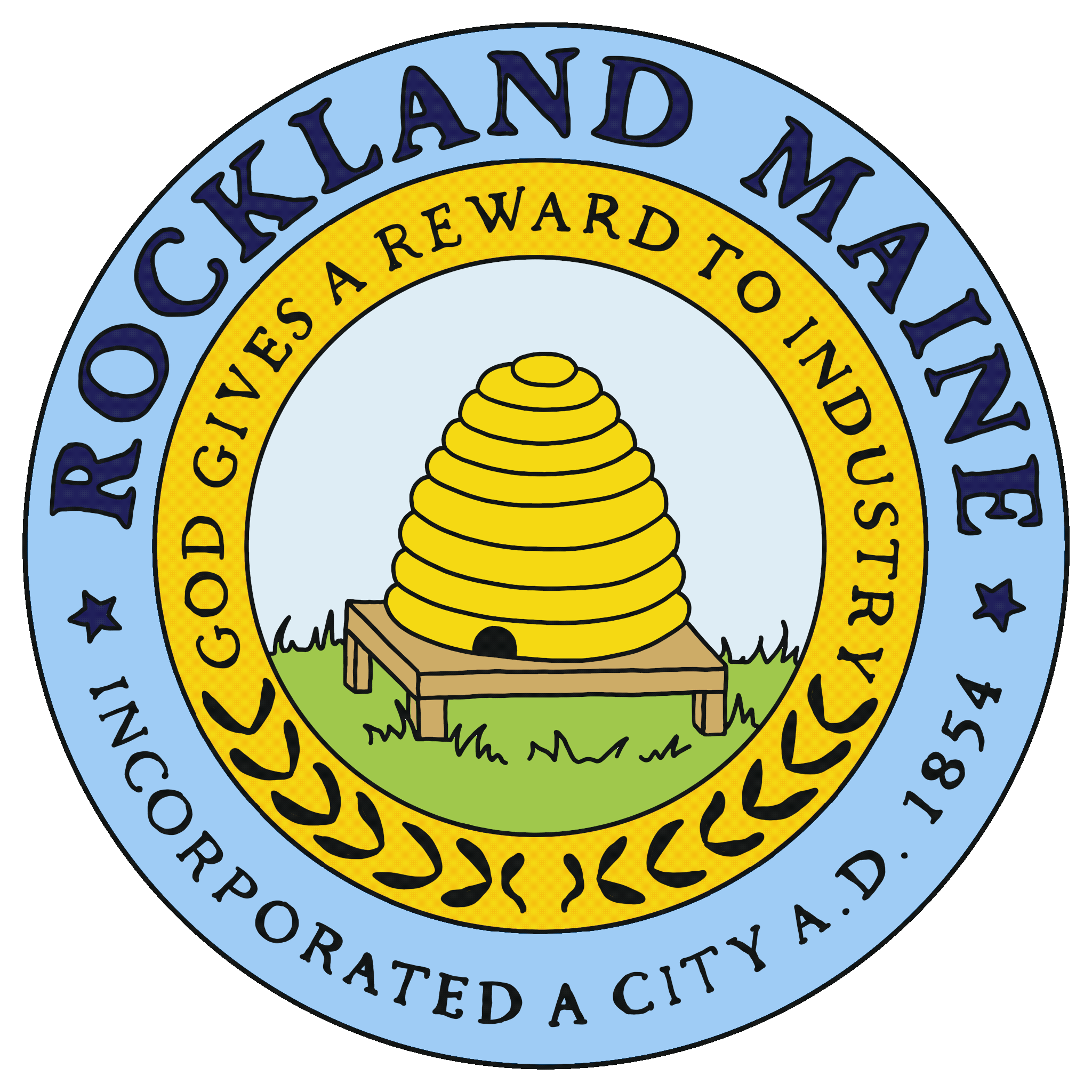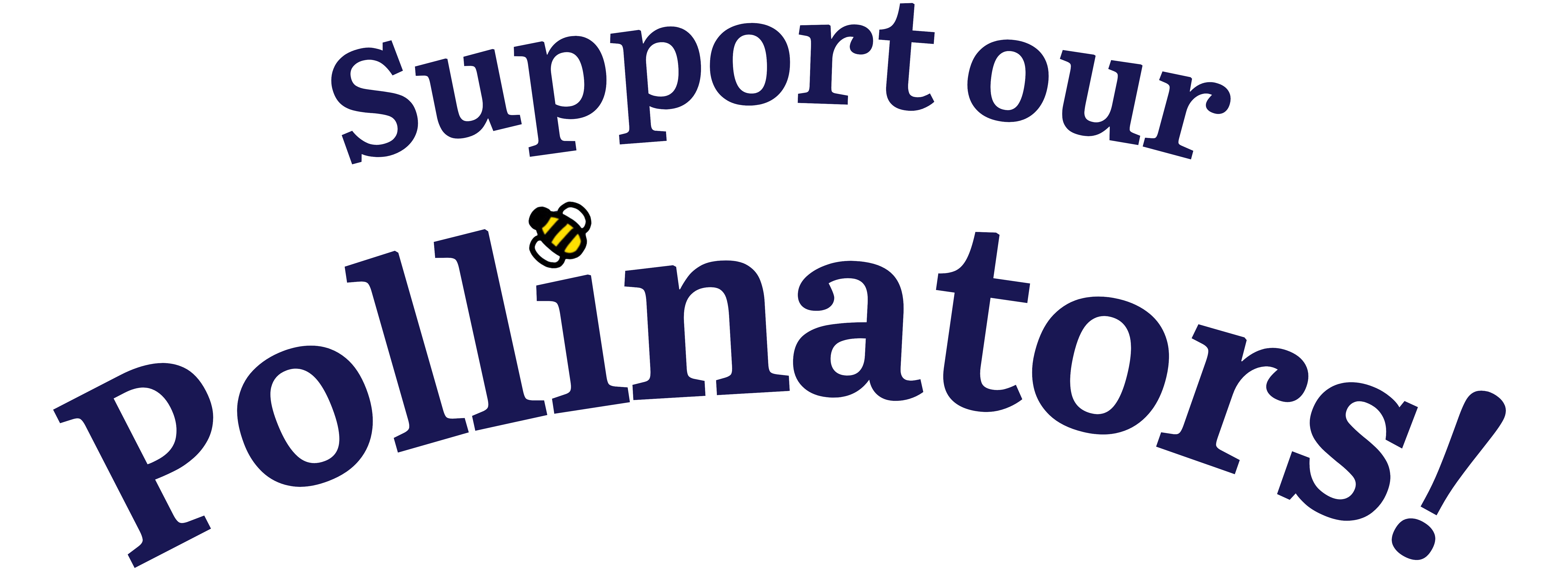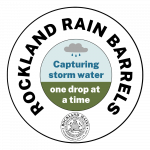

Rockland is pesticide-free on City property. You can be, too!
Rockland’s City Pesticide Ordinance
In order to protect the local watershed, build healthy soils, and reduce exposure to harmful chemicals, the use of pesticides and synthetic lawn care substances in non-emergency situations on City-owned and -leased property is prohibited. Organic pesticides approved by the Organic Materials Review Institute are approved for use on City property.
ARTICLE IV: Pesticide / Herbicide Usage on City-Owned Lands
Eff: 11/14/14
Sec. 13-401 Purpose
The purpose of this chapter is to safeguard the health and welfare of the residents of the City of Rockland and to conserve and protect the City’s ground water, estuarine, marine and other natural resources, while ensuring preservation and enhancement of City-owned lands.
Sec. 13-402 Definitions
The following words, terms and phrases, when used in this chapter, shall have the meanings ascribed to them in this section, except where the context clearly indicates a different meaning:
Natural, organic land care: An extension of the principles and practices of organic agriculture to the care of turf and landscape.
Pesticide: Any substance or mixture of substances intended for preventing, destroying, repelling or mitigating any pest; any substance or mixture of substances intended for use as a plant regulator, defoliant or desiccant; and any nitrogen stabilizer. It does not include multicellular biological controls such as mites, nematodes, parasitic wasps, snails or other biological agents not regulated as pesticides by the U.S. Environmental Protection Agency (“USEPA”). Herbicides, fungicides, insecticides and rodenticides are considered pesticides.
Sludge: As defined in 38 M.R.S. § 1303-C (28-A), as amended from time to time.
City-Owned Land: All land owned or leased by the City of Rockland and/or managed by or on behalf of the City, including outdoor grounds such as municipal facilities and lawns, parks, playing fields, cemeteries, the City Forest, and conservation and open space.
Pest: Any undesirable insect, plant, fungi, bacteria, virus or micro-organism.
Sec. 13-403 Permitted and Prohibited Uses of Pesticides / Herbicides.
The following provisions shall be applicable to all turf and landscape for outdoor pest management activities on City-owned land.
- Permitted Uses:
(1) Use or application of natural, organic land care protocols;
(2) All control products and soil amendments, including fertilizer and compost, used under the terms of this article shall be in keeping with, but not limited to, products that can be used on Maine Organic Farmers and Gardeners Association Certified Farms, and/or products permitted by the Organic Materials Review Institute or the USDA National Organic Program; and
(3) Use or application of sludge or sludge-derived products to the extent permitted by the Maine Hazardous Waste, Septage and Solid Waste Management Act (38 M.R.S. §§ 1301, et seq.), the Protection of Natural Resources Act (38 M.R.S. §§ 480-A, et seq.), or the Site Location of Development Act (38 M.R.S. §§ 481, et seq.), and any rules related thereto, as amended from time to time.
- Prohibited Uses:
(1) Use or application of chemical pesticides, other than pesticides classified by the USEPA as exempt materials under 40 CFR 152.25, and those products permitted by the Organic Materials Review Institute; and
(2) Use or application of sludge or sludge-derived products not listed as permitted above.
Sec. 13-404 Exemptions
The following processes are exempt:
- Drinking water and wastewater treatment;
- Indoor pesticide use;
- Contained baits or traps for rodent control;
- Use of pesticides classified by USEPA as exempt materials under 40 C.F.R. 152.25;
- Pesticides permitted by the Organic Materials Review Institute;
- Management of City-owned land not used or used infrequently by the public (roadway medians, for example);
- Pesticide applications by owners or tenants of residential properties on landscaped areas within municipal rights-of-way;
- Pesticide applications on City-owned land to control vermin or other infestations, which applications are, in the discretion of the City Manager, reasonably necessary to prevent the spread of such infestations or to protect the public health;
- Control of poisonous or rapidly invasive plant species injurious to human health or the environment, using the least toxic product in accordance with USEPA protocols under 40 C.F.R. 152.5, the Maine Code of Regulations, Titles 7 and 22: “Use of Pesticides,” and the Best Management Practices for the Application of Turf Pesticides and Fertilizers of the Maine Board of Pesticide Control.
Sec. 13-405 Emergency Waiver
If the City Manager, applying the criteria set forth below, finds that there exists an emergency situation, the Code Enforcement Officer may, upon written request, grant a thirty (30) day temporary waiver authorizing of non-exempt pesticide(s). The waiver may be extended, but in no event shall the total waiver period exceed six (6) months. Waiver approval shall be subject to the use of the least toxic material available to address the given emergency. The presence of weeds or common fungal diseases in the usual course of turf maintenance shall not constitute an emergency.
The waiver determination shall be based on the following criteria:
- The pest situation presents:
(1) An immediate threat to human health or environmental quality; or
(2) An immediate threat of substantial property damage or loss; and
- Viable alternatives consistent with this article do not exist.
Sec. 13-406 Enforcement and Permits
Except with respect to the conduct of City of Rockland employees, this Article shall be enforced by the Code Enforcement Officer, in accordance with the provisions governing the enforcement of the property maintenance code set forth in Chapter 4. The City Manager shall be responsible for assuring compliance by City of Rockland employees with the provisions of this Article.
Sec. 13-407 Conflict and Invalidity
If a conflict or inconsistency is found between this Article and other sections of the City Charter or Code of Ordinances, the terms of the stricter provision(s) shall prevail. The invalidity of a provision of this Article shall not invalidate any other provision of this article.
State Law Ref.: 30-A M.R.S. § 3001; 22 M.R.S. § 1471-U; 38 M.R.S. § 1310-U.
Why is Rockland pesticide-free?
- Supports beneficial insects like bees, butterflies, and ladybugs
- Maintains a healthy ecosystem for people, pets, birds and other wildlife
- Reduces harmful runoff to help keep Rockland Harbor clean
What you can do:
Build up your local ecosystem
Plant a rain garden or collect rainwater runoff in rain barrels to help avoid flooding and put storm water to good use.
Choose native plants for your home landscape. Plants can be selected to attract butterflies, bees, or birds.
Consider seeding all or part of your lawn with native grass, wildflowers, or a more biodiverse groundcover.
Pest management options
IPM is a holistic approach that combines multiple methods to minimize pests while limiting pesticide use.
Introducing and providing habitat for beneficial insects in your garden can help manage pests by increasing predator populations.
The Organic Materials Review Institute Product List provides information on pesticides that are approved for use in organic gardens.
“Bee Sustainable!” Workshops
Learn more about how you can support a healthy yard for pollinators by attending a Summer Sustainability Workshop! All workshops are held at the Rockland Public Library.
Invasive Plants Walk and Talk
3:30 p.m. Wednesday, August 28, Rockland Public Library Lawn
Join Louisa Crane of Knox-Lincoln Soil and Water Conservation District for a 1-hour walk to identify invasive plants around Rockland, departing from the Rockland Public Library Lawn at 3:30 p.m.
Conservation Landscape Certification Info Session
4:00 p.m. Monday, September 23, Rockland Public Library Community Room
Join Rebecca Jacobs of Knox-Lincoln Soil and Water Conservation District in the Rockland Public Library Community Room to learn about how you can implement conservation practices at home, receive free one-on-one guidance at your property, and certify your property as a Conservation Landscape.
Vermicomposting Workshop
Date to be announced
Learn about composting with worms with Jock the Worm Guy, from Mainely Worm Bins.

Rockland Rain Barrels
Have you seen Rockland’s rain barrels around town? The City installed 11 rain barrels to collect stormwater and save it for use in our gardens. These barrels help reduce runoff, one drop at a time, and contribute to a healthy local ecosystem.






